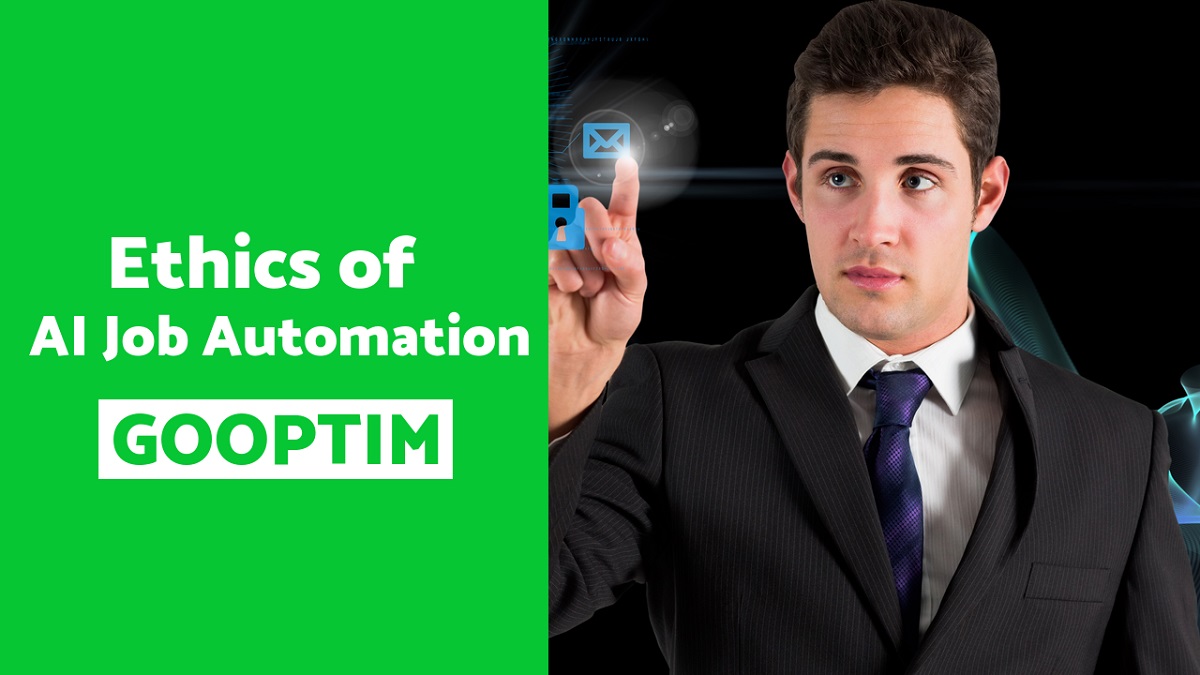
Artificial intelligence (AI) is a part of a lot of the technology you use every day, whether you realize it or not. AI is used when Netflix suggests a show you might like or when you try to make reservations online and Google already knows which airport users usually leave from.
And it’s getting used more and more. In fact, 91% of companies want to put money into AI. At the same time, a recent survey by Deloitte found that 95% of companies around the world are worried about the ethical risks of AI.
AI may seem very technical and complicated, almost like something out of science fiction, but it’s really just a tool. This is why, as AI takes control of increasingly complicated tasks, it’s important to set up ethical rules so that this tool can be used for good.
What is ethics in AI?
AI ethics are a collection of moral rules that are used to guide the creation and the use of AI technologies. Since AI is doing things that’d normally require human intelligence, it needs moral rules just like people do. Without ethical AI rules and regs, there is a high chance that this technology will be used to do wrong.
AI is used a lot in a lot of different fields, such as finance, healthcare, travel, customer support, social media, transportation, and much more. AI technology affects every part of the world because it is becoming more useful in so many industries.
Now, there are different levels of governance that need to be in place based on the sector and how AI is being used. A robot vacuum one which uses AI to figure out how a house is set up probably won’t change the world all that much if it doesn’t have a moral framework. But if ethical rules aren’t put in place, a self-driving car which needs to be able to see pedestrians or an algorithm that figures out who is most likely to get a loan can and will have big effects on society.
What are the biggest moral worries about AI?
As was already said, the main ethical concerns vary greatly depending on the industry, the situation, and the size of the possible effects. But when it comes to AI in general, the biggest ethical concerns are AI biases, the fear that AI could replace human jobs, privacy concerns, as well as using AI to trick or control people.
AI can be biased
The most common cause of bias in AI is training AI models on sets of data that already have biases in them. Recent work at Georgia Tech on object recognition throughout self-driving cars is a good example of this. People with darker skin were struck about 5% more often because there were about 3.5 times as many examples of lamp people in the data set used to train the AI model, so it could recognize them better.
AI and machine learning are good because the data set they are trained on can be changed, and with enough work, they can become mostly unbiased.
AI taking over jobs
Almost every technological advance in history has been blamed for taking away jobs, but this hasn’t happened yet.
People worried that when ATMs came out in the 1970s, they would put a lot of bank tellers out of work. In fact, the opposite was true. Because ATMs took care of simple tasks like depositing checks and getting cash, a bank branch needed fewer tellers to run. This meant that banks could open new branches while the total number of teller jobs went up.
When AI was first made to understand and imitate human speech, people were afraid that bots would take over customer service jobs. This hasn’t come about. AI-powered chatbots can handle routine tasks and up to 80% of customer questions, but the most complicated questions still need to be answered by a human agent.
Realistically, this same future of AI is one where humans and bots powered by AI work together, with bots taking care of simple tasks as well as humans focusing on the more complicated things.
AI and security
The UN says that privacy is a basic human right, and some AI applications can really hurt this right. Privacy is put at risk when companies aren’t clear about why and how they collect and store data.
Privacy rules are hard to make because most people are willing to give up a little personal information in exchange for some level of customization. In fact, 80% of consumers are more likely to buy from brands that offer personalized experiences. AI is a great way to protect data, which is kind of ironic. Because I can learn on its own, programs that use it can find viruses as well as patterns that are often used to break security.
Read more: How AI is changing job posting landscape




